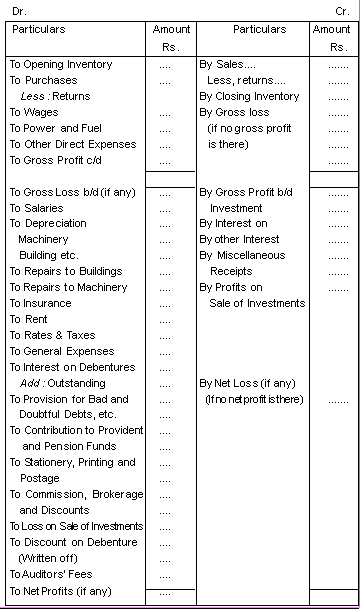

This information helps us to improve our products and services, including personalized suggestions and personalized ads. When you view Twitter content or Twitter products integrated into other websites using Twitter for Websites, Twitter may receive information including the web page you visited, your IP address, browser type, operating system, and cookie information. What information does Twitter collect through Twitter for Websites and how is that information used? These products include embedded Tweets, embedded timelines, Tweet buttons, and follow buttons. Read the original article.Twitter for Websites is a suite of products that enable website publishers to integrate Twitter content into their sites. This article is republished from The Conversation under a Creative Commons license. Hannah Bailey, PhD researcher in Social Data Science, University of Oxford Otherwise, the continued escalation in computational propaganda campaigns that our research has revealed will only heighten political polarisation, diminish public trust in institutions, and further undermine democracy worldwide. These companies should therefore increase their efforts to flag and remove disinformation, along with all cyber troop accounts which are used to spread harmful content online. It’s clear that social media platforms have become crucial in facilitating this information exchange. This enables citizens to engage in informed deliberations and to seek consensus. Calls for tighter regulation and firmer policing are likely to follow Facebook and Twitter until they truly get to grips with the tendency of their platforms to host, spread and multiply disinformation.Ī strong, functional democracy relies upon the public’s access to high-quality information. And a crucial part of the story is that social media companies continue to profit from the promotion of disinformation on their platforms. In the same period, Twitter removed 294,096 accounts, and continues to remove accounts linked to the far right.ĭespite these account removals, our research has exposed that between January 2019 and December 2020 almost US$10 million was spent by cyber troops on political advertisements. As more countries invest in campaigns that seek to actively mislead their citizens, social media firms are likely to face increased calls for moderation and regulation - and not just of Trump, his followers and related conspiracy theories like QAnon.Īlready this year, the prevalence of computational propaganda campaigns throughout the COVID-19 pandemic and in the aftermath of the US election has prompted many social media firms to limit the misuse of their platforms by removing accounts which they believe are managed by cyber troops.įor instance, our research found that between January 2019 and December 2020, Facebook removed 10,893 accounts, 12,588 pages and 603 groups from its platform. Suppressing participation through trolling or harassment was a feature in 73% of countries, while in 48% cyber troops’ messaging sought to polarise citizens.Ĭlearly, debates around the censoring of Trump and his supporters on social media cover only one facet of the industry’s disinformation crisis. In 90% of countries we observed the spreading of pro-party or pro-government propaganda. To achieve their political ends, smear campaigns against a political opponent are the most common strategy employed by cyber troops, featuring in 94% of all the countries we investigated.


In the United States, for example, the pro-Trump youth group Turning Point Action was used to spread online disinformation and pro-Trump narratives about both COVID-19 and mail-in ballots. Since 2007, almost US$60 million (£49 million) has been spent globally on contracts with these firms.Īdditionally, we’ve uncovered relationships between hired cyber troops and civil society groups who ideologically support a particular cause, such as youth groups and social media influencers. Our research found state actors working with private computational propaganda companies in 48 countries in 2020, up from 21 identified between 20, and only nine such instances between 20. Using government and political party funding, private-sector cyber troops are increasingly being hired to spread manipulated messages online, or to drown out other voices on social media. Despite the Cambridge Analytica scandal exposing how private firms can meddle in democratic elections, our research also found an alarming increase in the use of “disinformation-for-hire” services across the world.


 0 kommentar(er)
0 kommentar(er)
